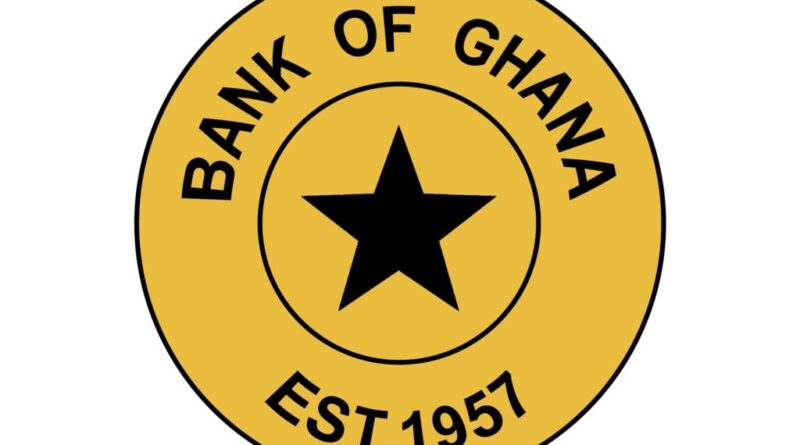BoG borrows GHS 3.25bn at 30.6% interest cost
The Bank of Ghana recently raised GHS 3.25bn through the issuance of its own bills known as Bank of Ghana (BoG) bills with a maturity period of 56 days.
The auction, which took place on October 11, 2023, saw the central bank selling short-term securities on the primary market to regulate money supply and manage liquidity in the banking system.
The interest rate at which the BoG bills were auctioned stood at 30.6%. While the value of bids made by commercial banks was not disclosed, the auction outcome highlights the central bank’s ability to attract funding from the domestic financial market in support of its monetary policy objectives.
The BoG bills are typically used in Open Market Operations (OMO), which are monetary policy tools used by central banks to manage money supply. Through OMO, the central bank can influence the cost and availability of credit in the economy by adjusting the supply of money in circulation.
Moreover, the main function of central bank bills, like the BoG bills, is to manage the liquidity of the banking system by selling short-term securities on the primary market. This helps the central bank regulate the amount of money in circulation and ensure financial stability.
It is worth noting that the funds raised from the auction of the BoG bills are often loaned directly to the government to support its short-term needs. This suggests that the Ghanaian government may have borrowed the funds from the central bank to finance its budget or other obligations.
Ghana: Total financial sector assets value surpass $26.5bn
In the 2022 Financial Stability Review Report, authorized by the Financial Stability Council, Ghana’s financial system demonstrated robust asset growth throughout the year, notwithstanding prevailing macroeconomic challenges.
The report reveals that total financial sector assets surged to GH₵312.69 billion ($26.5bn) by the close of December 2022, marking a substantial increase from the GH₵260.43 billion recorded at the end of 2021.
The notable expansion was primarily propelled by the insurance, banking, and pensions sectors, which exhibited impressive growth rates of 22.3 percent, 21.7 percent, and 19.9 percent, respectively, in 2022. However, the securities sector bucked this trend, with its total assets declining by 2.7 percent year-on-year.
The financial system’s assets as a percentage of GDP experienced a decrease, dropping from 56.4 percent in 2021 to 51.2 percent by the end of 2022. This decrease can largely be attributed to marked-to-market losses in government bond holdings, a consequence of the Domestic Debt Exchange Programme (DDEP). These losses led to relatively lower growth in the overall assets of the financial system during 2022.
The report underscores that the banking sector continued to exert its dominance within the financial system, accounting for a significant 76.5 percent of the total financial system assets by the close of 2022.
The pensions sector also displayed consistent growth, driven primarily by the remarkable expansion of private pension funds. In contrast, the insurance sector’s contribution to the total financial system assets remained relatively stable.
Conversely, the securities sector’s contribution witnessed a decline compared to levels observed in 2017. This decrease can be attributed to the ban on the issuance of guaranteed investment products by fund managers, the sector’s cleanup initiatives, and increased customer redemptions within the securities sector.
The Financial Stability Review represents a collaborative initiative involving key institutions such as the Bank of Ghana, the Ministry of Finance, the National Insurance Commission, the Securities and Exchange Commission, the National Pensions Regulatory Authority, the Ghana Deposit Protection Corporation, and the Financial Intelligence Center.
The Financial Stability Council (FSC) comprising the Bank of Ghana (BOG), Securities and Exchange Commission (SEC), National Insurance Commission (NIC), National Pensions Regulatory Authority (NPRA), Ministry of Finance (MOF), and Ghana Deposit Protection Corporation (GDPC), serves as the pivotal body responsible for enhancing and fortifying the stability of Ghana’s financial sector.

